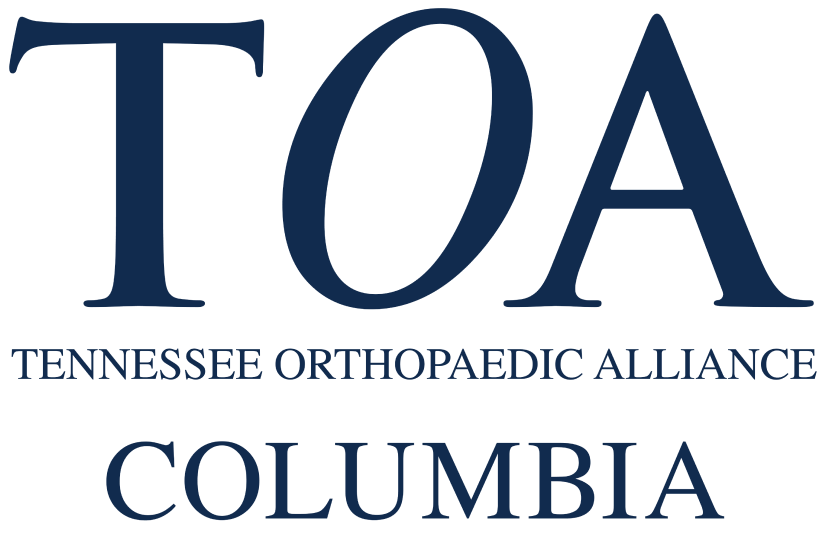Notice of Health Information Practices
THIS NOTICE DESCRIBES HOW INFORMATION ABOUT YOU MAY BE USED AND DISCLOSED AND HOW YOU CAN GET ACCESS TO THIS INFORMATION. PLEASE REVIEW IT CAREFULLY.
Introduction
At TOA Columbia, we are committed to treating and using protected health information about you responsibly. This Notice of Health Information Practices describes the personal information we collect, and how and when we use or disclose that information. It also describes your rights as they relate to your protected health information. This notice is effective April 14, 2003, and applies to all protected health information as defined by federal regulations.
Understanding Your Health Record/Information
Each time you visit TOA Columbia, a record of your visit is made. Typically, this record contains your symptoms, examination and test results, diagnoses, treatment, and a plan for future care or treatment. This information, often referred to as your health or medical record, serves as a:
• Basis for planning your care and treatment,
• Means of communication among the many health professionals who contribute to your care,
• Legal document describing the care you received,
• Means by which you or a third-party payer can verify that services billed were actually provided,
• A source of information for public health officials charged with improving the health of this state and the nation,
• A tool with which we can assess and continually work to improve the care we render and the outcomes we achieve.
Understanding what is in your record and how your health information is used helps you to: ensure its accuracy, better understand who, what, when, where, and why others may access your health information, and make more informed decisions when authorizing disclosure to others.
Your Health Information Rights
Although your health record is the physical property of TOA Columbia, you have the right to:
• Obtain a paper copy of this notice of information practices upon request,
• Inspect and copy your health records as provided for in 45 CFR 164.524,
• Amend your health record as provided in 45 CFR 164.528,
• Obtain an accounting of disclosures of your health information as provided in 45 CFR 164.528, and
• Request communications of your health information by alternative locations,
• Request a restriction on certain users and disclosures of your information as provided by 45 CFR 164.522, and
• Revoke your authorization to use or disclose health information except to the extent that action has already been taken.
Our Responsibilities
TOA Columbia is required to:
• Maintain the privacy of your health information,
• Provide you with this notice as to our legal duties and privacy practices with respect to information we collect and maintain about you,
• Abide by the terms of this notice,
• Notify you if we are unable to agree to a request restriction, and
• Accommodate reasonable requests you may have to communicate health information by alternative means or at alternative locations.
We reserve the right to change our practices and to make new provisions effective for all protected health information we maintain. Should our information practices change, we will post the revised notice on our website. If you request it, we will mail the revised notice to the address you’ve supplied us, or it you agree, we will email the revised notice to you.
We will not use or disclose your health information without your authorization, except as described in this notice. We will also discontinue to use or disclose your health information after we have received a written revocation of the authorization according to the procedures included in the authorization.
For More Information or to Report a Problem
If you have questions and would like additional information, you may contact the practice’s Privacy Officer, at 931-381-2663. If you believe your privacy rights have been violated, you can file a complaint with the practice’s Privacy Officer, or with the Office for Civil Rights, U.S. Department of Health and Human Services. There will be no retaliation for filing a complaint with either the Privacy Officer or the Office for Civil Rights. The address for the OCR is listed below:
Privacy Officer
Examples of Disclosures for Treatment, Payment and Health Operations
• Treatment. Information obtained by a nurse, physician, or other member of your health care team will be recorded in your record and used to determine the course of treatment that should work best for you. Your physician will document in your record his or her expectations of the members of your health care team. Members of your health care team will then record the actions they took and their observations. In that way, the physician will know how you are responding to treatment.We will also provide your physician or a subsequent health care provider with copies of various reports that should assist him or her in treating you once you’re discharged from this hospital.
• Payment. A bill may be sent to you or a third-party payer. The information on or accompanying the bill may include information that identifies you, as well as your diagnosis, procedures, and supplies used.
• Business associates. There are some services provided in our organization through contacts with business associates. Examples include radiologists reviewing studies, certain laboratory tests, and a copy service we use when making copies of your health record. When these services are contracted, we may disclose your health information to our business associate so they can perform the job we’ve asked them to do and bill you or your third-party payer for services rendered. To protect your health information, however, we require the business associate to appropriately safeguard your information.
• Notification. We may use or disclose information to notify or assist in notifying a family member, personal representative, or another person responsible for your care, your location, and general condition.
• Communication with Family. Health Professionals, using their best judgment, may disclose to a family member, other relative, close personal friend or any other person you identify, health information relevant to that person’s involvement in your care or payment related to your care.
• Research. We may disclose information to researchers when their research has been approved by an institutional review board that has reviewed the research proposal and established protocols to ensure the privacy of your health information.
• Funeral Directors. We may disclose health information to funeral directors consistent with applicable law to carry out their duties.
• Organ procurement organization. Consistent with applicable law, we may disclose health information to organ procurement organizations or other entities engaged in the procurement, banking, or transplantation of organs for the purpose of tissue donation and transplant.
• Marketing. We may contact you to provide appointment reminders or information about treatment alternatives or other health-related benefits and services that may be of interest to you.
• Food and Drug Administration (FDA). We may disclose to the FDA health information relative to adverse events with respect to food, supplements, product and product defects, or post marketing surveillance information to enable product recalls, repairs, or replacement.
• Workers Compensation. We may disclose health information to the extent authorized by and to the extent necessary to comply with laws relating to workers compensation or other similar programs established by law.
• Public Health. As required by law, we may disclose you health information to public health or legal authorities charged with preventing or controlling disease, injury, or disability.
• Correctional Institution. Should you be an inmate of a correctional institution, we may disclose to the institution or agents thereof health information necessary for your health and safety of other individuals.
• Law enforcement. We may disclose health information for law enforcement purposes as required by law or in response to a valid subpoena.
Federal law makes provision for your health information to be released to an appropriate health oversight agency, public health authority or attorney, provided that a work force member or business associate believes in good faith that we have engaged in unlawful conduct or have otherwise violated professional or clinical standards and are potentially endangering one or more patients, workers or the public.

